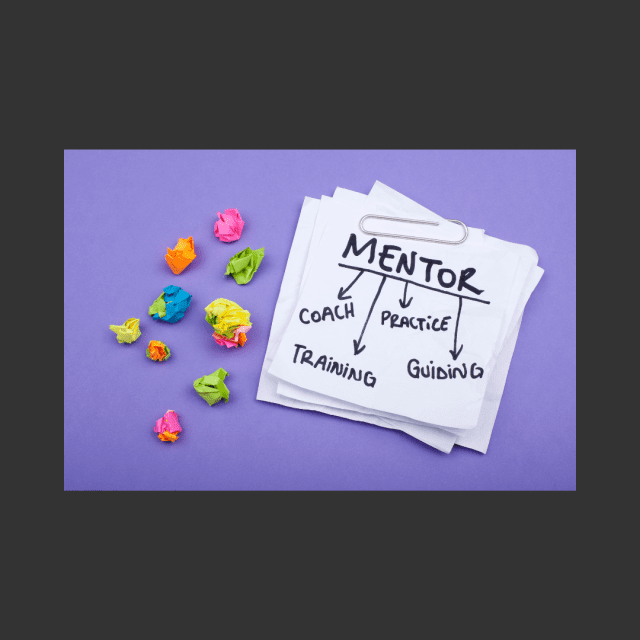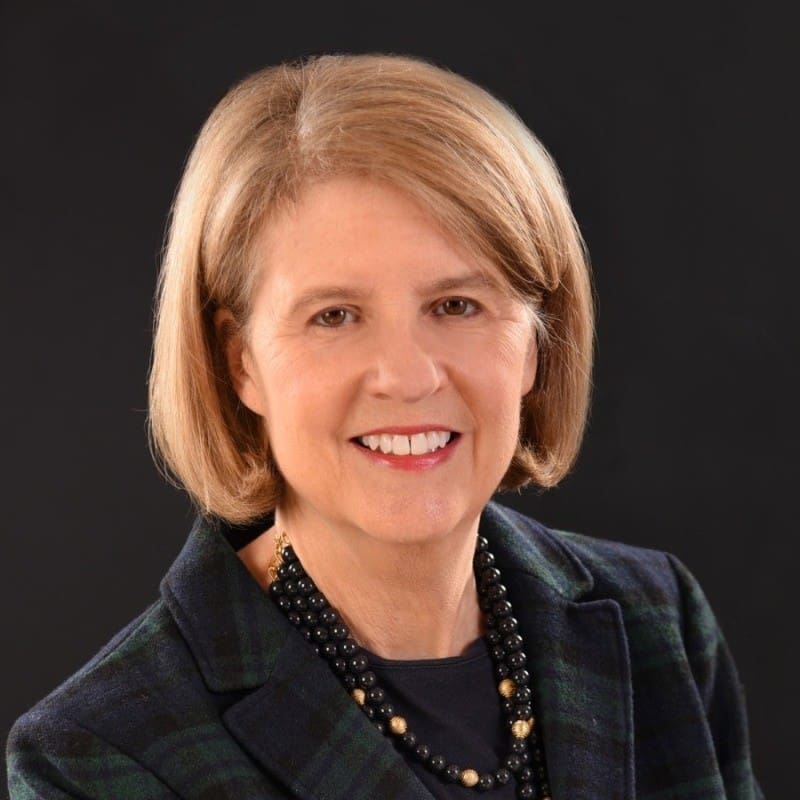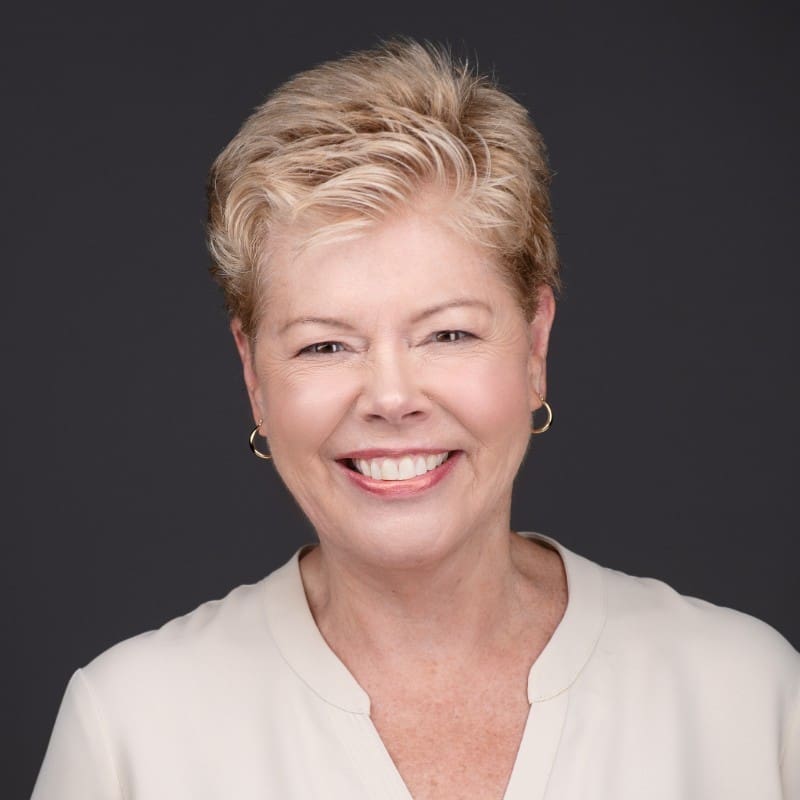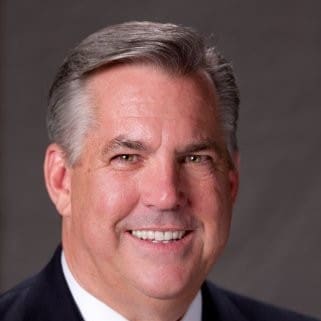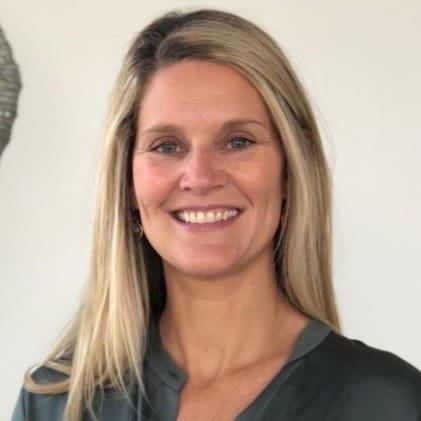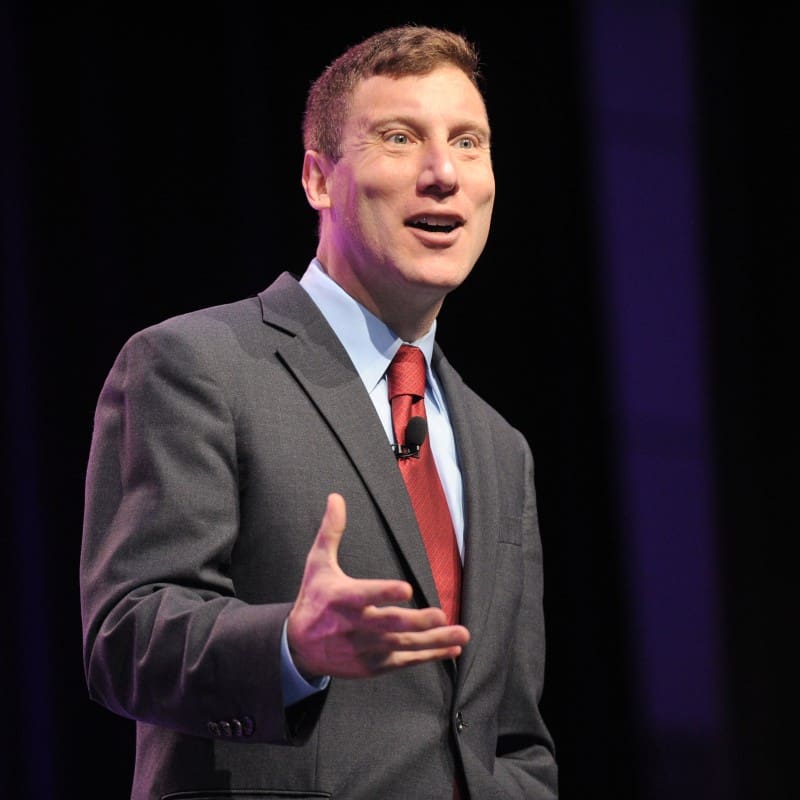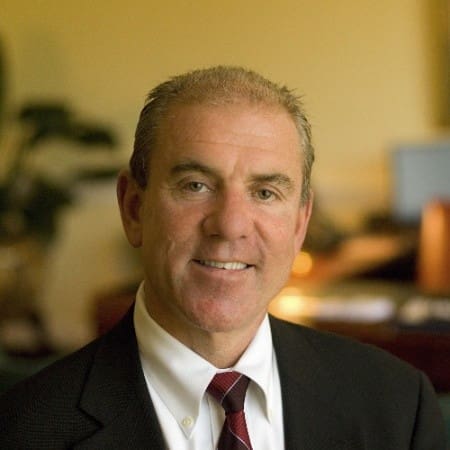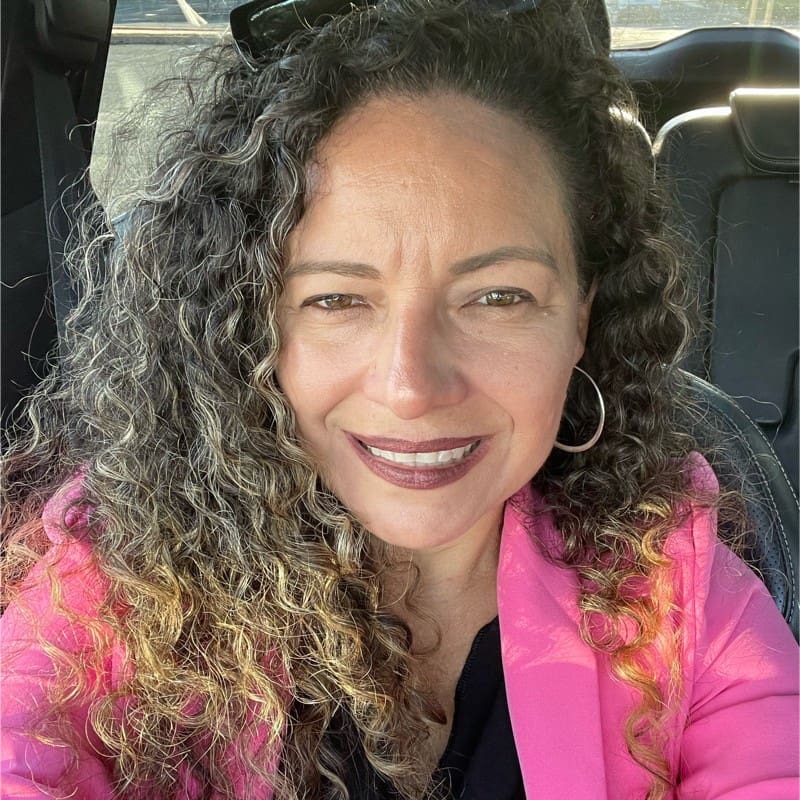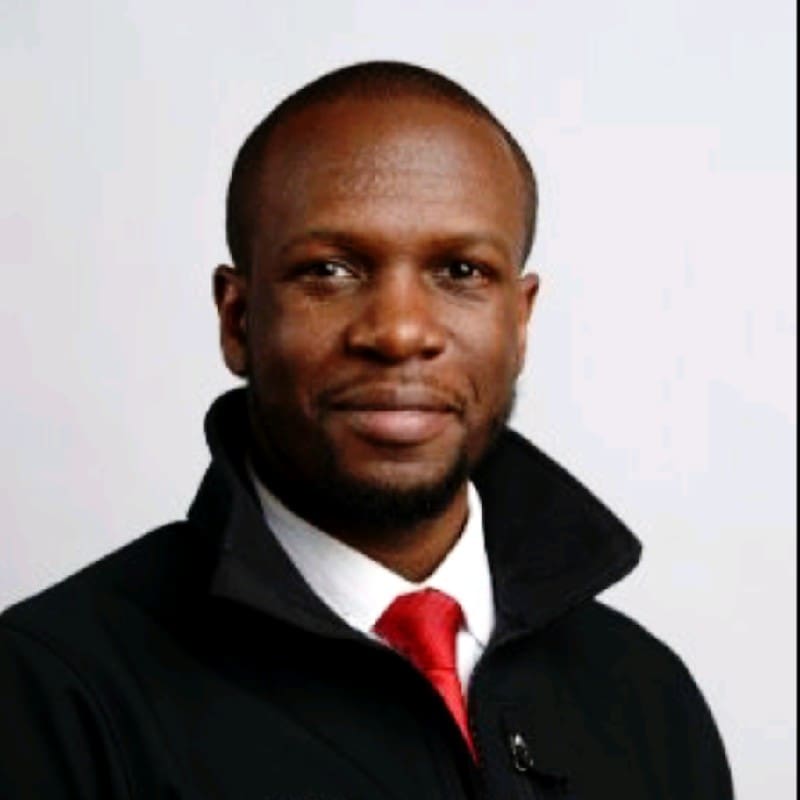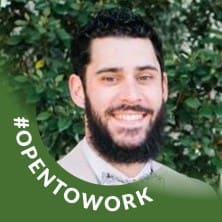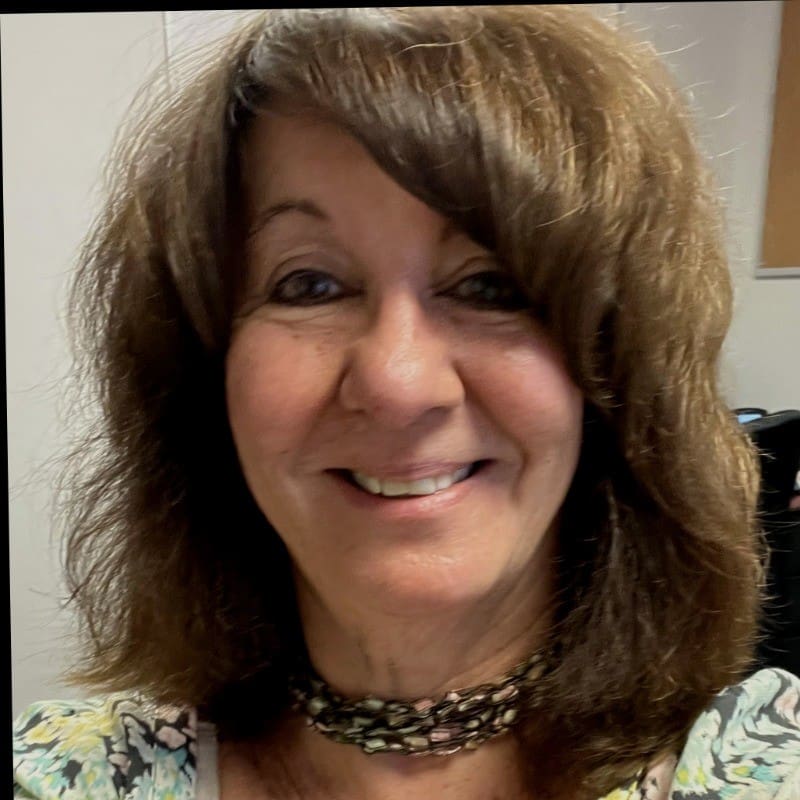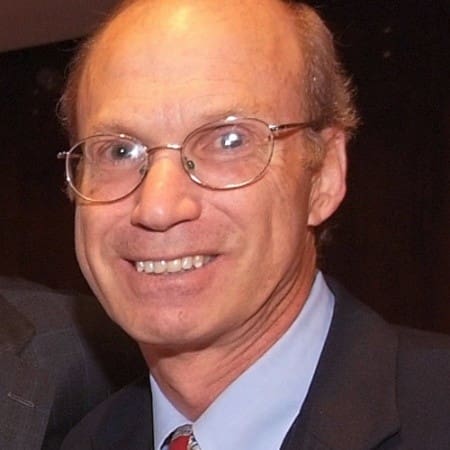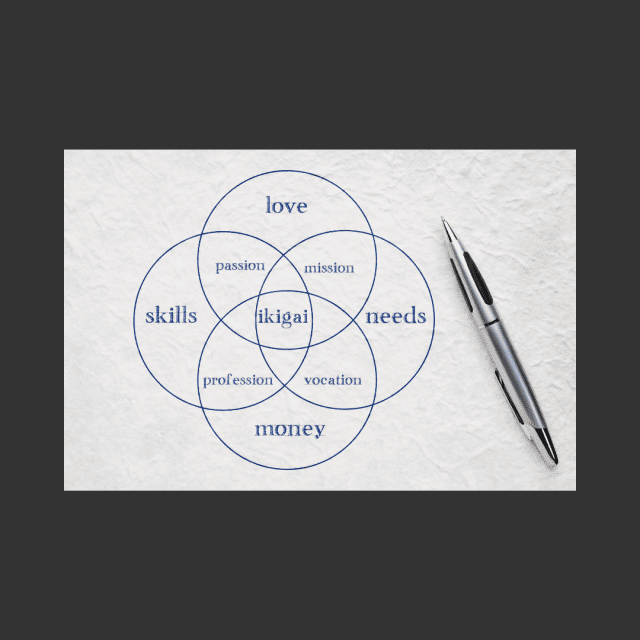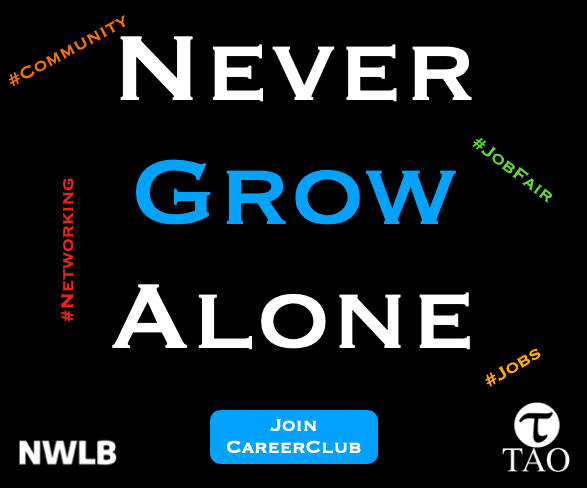Minnesota’s Top Career Mentors: Shaping Professional Futures
Minnesota is home to a diverse and talented group of career mentors, coaches, and development specialists dedicated to helping professionals at every stage of their career journey. Whether you’re navigating a career transition, building leadership skills, or seeking guidance for job search strategies, these experts provide invaluable insights and personalized coaching. From university career counselors to executive coaches, these Minnesota-based professionals are transforming the career landscape with their unique approaches and dedication to client success.
Tom Colosimo

Tom Colosimo is a Career Services Specialist at the University of St. Thomas in St. Paul, Minnesota, with over 20 years of experience in career coaching and development. He provides comprehensive career guidance to students and alumni, offering one-on-one coaching sessions, facilitating workshops on various career-related topics, and building employer relationships to create job opportunities. Tom’s expertise spans resume writing, interview preparation, networking strategies, and online presence optimization, with a particular focus on technology-related careers due to his background in IT recruiting. As the Treasurer for the Minnesota Career Development Association (MCDA), he actively contributes to the professional development community. Tom’s approach combines personalized guidance with practical strategies, leveraging his diverse experience in corporate recruiting and higher education to help individuals navigate their career paths effectively.
Sheryl Saul


Sheryl Saul is a career development professional with experience in higher education. While specific details about her current role are not provided in the search results, her position as Programming Committee Chair for the Minnesota Career Development Association (MCDA) suggests she is actively involved in organizing and developing career-related programs and events. This role likely involves coordinating workshops, seminars, and other professional development opportunities for career practitioners and job seekers in Minnesota.
Beth Johnson


Beth Johnson’s LinkedIn profile indicates that she is a Career Services professional. As the Communication Chair for the Minnesota Career Development Association (MCDA), she likely plays a key role in disseminating information about career development resources, events, and best practices to MCDA members and the broader community. Her work probably involves managing communication channels, creating content related to career development, and ensuring that career professionals in Minnesota stay informed about industry trends and opportunities.
Jen Rosand


Jen Rosand is a Career Development Specialist at the University of Minnesota. Her work focuses on helping students and alumni with career exploration, job search strategies, and professional development. Jen specializes in providing career coaching and resources to individuals in the College of Continuing and Professional Studies. She offers guidance on resume writing, interview preparation, networking strategies, and career decision-making. Jen’s approach emphasizes personalized support and practical tools to help clients achieve their career goals. She also contributes to developing career-related programs and workshops for the university community.
Masha Finn – Senior Program Success Coach at Merit America, based in St. Paul, Minnesota


Masha Finn is a Program Success Manager & Career Coach at Merit America, based in St. Paul, Minnesota. Her work focuses on preparing cohorts of learners for career transitions into software programming. She conducts bi-weekly workshops, support groups, and one-on-one career planning sessions. Masha helps learners manage imposter syndrome, navigate time management challenges, implement study skills, and enhance communication skills. She provides feedback on application materials and interview skills, and collaborates with other professionals to improve program curriculum. Masha also facilitates alumni involvement and coordinates professional panels to provide career insights to job-seekers.
Rachel Woodman, MBA – Career Success Coach + Mentor, founder of Rachel Woodman, LLC, based in the Greater Minneapolis-St. Paul Area


Rachel Woodman is a Career Success Coach and Mentor, founder of Rachel Woodman, LLC, based in the Greater Minneapolis-St. Paul Area. She launched her career success coaching business in September 2020 to help mid-level career professionals navigate and thrive in Corporate America. Rachel develops coaching programs, eCourses, and other curricula focused on leadership skills, self-advocacy, and workplace culture. Her services include 1:1 Career Success Coaching, Private Group Mentorship, and various career resources and eCourses. Rachel has supported over 60 professionals in their career journeys since 2020 and has built a social media community of around 50,000 followers across TikTok and Instagram.
Jessica Hinz, M.S. – Career Development Coach in Minneapolis, Minnesota


Jessica Hinz is a career development professional based in the Greater Minneapolis-St. Paul Area. She offers services in HR Consulting, Management Consulting, Business Consulting, Executive Coaching, Interview Preparation, and Leadership Development. Jessica appears to have extensive experience in the medical device industry and is also a certified and registered Pulmonary Function Technologist.
Miranda Johnson – Career Coach at the Minnesota Department of Revenue


Miranda Johnson is a Career Coach at the Minnesota Department of Revenue. She has expertise in writing strategic online content, creating and delivering engaging presentations, and building scalable resources. Miranda’s work focuses on thoughtfully considering diverse audiences and their needs in career development.
Travis Sims – Networking Coach and Motivational Speaker based in Minnesota
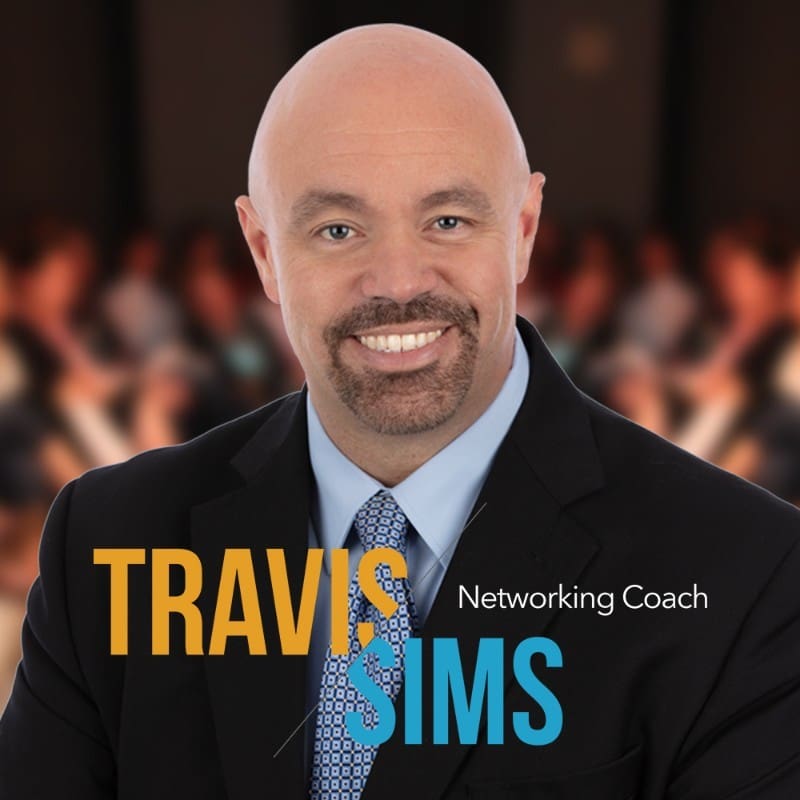

Travis Sims is a Networking Coach and Motivational Speaker based in Minnesota. While specific details about his career coaching work are not provided in the search results, his title suggests he focuses on helping professionals improve their networking skills and provides motivational speaking services.
Jennifer Rogers, M.A. – Owner of JK Rogers Career Coaching & Consulting, based in Minneapolis, Minnesota


Jennifer Rogers is a Career Management Consultant. She is known as a supportive career coach who brings creativity and strategic thinking to all facets of career ideation and the job search process. Jennifer’s approach involves helping clients navigate their career paths and job search strategies effectively. She likely provides services in career planning, job search techniques, and professional development.
Kim Bartels, Ph.D. – Executive Coach and Career Coach at Bartels Executive Coaching in Minneapolis, MN


Kim Bartels is an Executive Coach and Career Coach at Bartels Executive Coaching in Minneapolis, MN. She specializes in helping leaders and professionals navigate career transitions, enhance leadership skills, and achieve work-life balance. Kim’s approach combines her background in psychology with practical business experience to provide personalized coaching solutions. She offers services in executive coaching, career coaching, and leadership development.
Christine Giefer Bartley, M.A. – Career Coach and Owner at Career Leap Coaching, LLC in St. Paul, MN
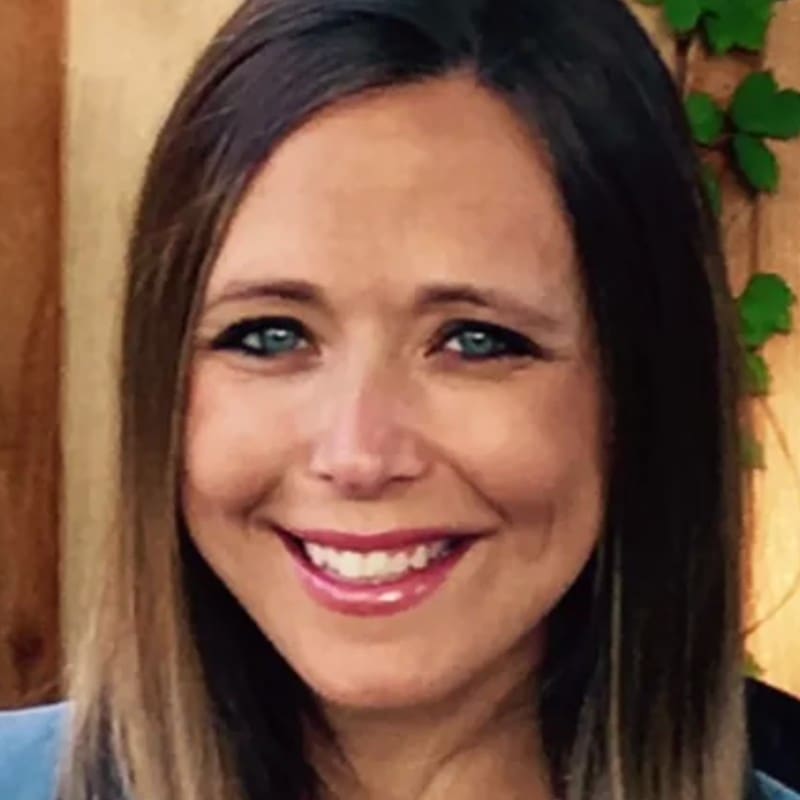

Christine Giefer Bartley is the owner of Career Leap Coaching, LLC in St. Paul, MN. She focuses on helping professionals navigate career transitions and find fulfilling work. Christine’s coaching approach emphasizes self-discovery, skill development, and strategic job search techniques. She offers services in career exploration, resume writing, interview preparation, and job search strategy.
Tina Wagner, MA – Owner at TMWagner Career Coaching LLC in Minnesota


Tina Wagner is the owner of TMWagner Career Coaching LLC in Minnesota. She specializes in helping professionals at all career stages achieve their goals. Tina’s coaching philosophy emphasizes personal branding, networking, and strategic career planning. She offers services in career transition coaching, leadership development, and job search strategy.
Leonard Lang, PhD – Career and Job Coach at Beard Avenue in Minneapolis, MN


Leonard Lang is a Career and Job Coach at Beard Avenue in Minneapolis, MN. He focuses on helping professionals find meaningful work and navigate career transitions. Leonard’s approach combines psychological insights with practical job search strategies. He offers services in career counseling, job search coaching, and personal branding.
Freda Marver – Career Coach at Begin Again Coaching in Minnesota


Freda Marver is a Career Coach at Begin Again Coaching in Minnesota. She specializes in helping professionals reinvent their careers and find fulfilling work. Freda’s coaching approach emphasizes self-assessment, skill development, and strategic career planning. She offers services in career transition coaching, job search strategy, and personal branding.
LaTanya Black – Certified Life Coach and Speaker at Balanced Leadership Coaching in Minneapolis, MN


LaTanya Black is a Certified Life Coach and Speaker at Balanced Leadership Coaching in Minneapolis, MN. Through her business, she offers personal development, work-life and self-care balance coaching, motivational speaking, and mentoring services. LaTanya specializes in personal development and operates a virtual-based life coaching business. Her services include educational consulting, non-profit consulting, public speaking, training, life coaching, and leadership development.
David Cook, M.B.A. – Career Counselor at JET (Jobs. Empowerment. Training.) in Duluth, MN
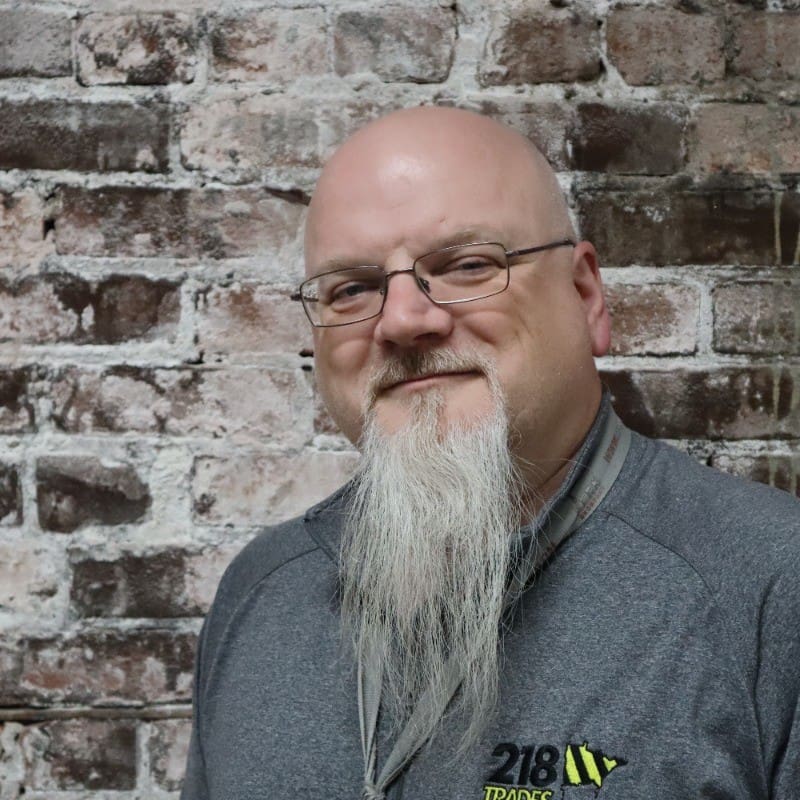

David Cook is a Career Counselor at JET (Jobs. Empowerment. Training.) in Duluth, MN. He focuses on relationship building and connecting job seekers with employers. David specializes in training and motivating people through the job search process, from recruitment to offer acceptance. He has created and implemented a hybrid career readiness class for graduating students, covering topics like elevator speeches, personal branding, resume and cover letter writing. David also co-hosts a local sports radio show and works as a public address announcer for various sporting events.
Jamie Peterson, PhD – Coach and Consultant at Enspiring Consulting, LLC in Minnesota


Jamie Peterson is a Coach and Consultant at Enspiring Consulting, LLC in Minnesota. She describes herself as an enthusiastic professional who listens deeply, collaborates inclusively, and leads authentically. While specific details about her coaching work are not provided, her background as a speaker and educator suggests she likely incorporates these skills into her coaching and consulting practice.
Dr. Paul Angone – Career coach and author, specializing in helping millennials navigate the workplace.


Dr. Paul Angone is a career coach and author specializing in helping millennials navigate the workplace. He offers engaging keynotes, workshops, generation trainings, coaching, and consulting services. Paul’s work focuses on helping companies and millennials work better together, bridging the generational gap in the workplace.
Catherine Byers Breet – Founder of ARBEZ, based in the Twin Cities, specializing in career coaching and job transition strategies.


Catherine Byers Breet is the founder of ARBEZ, based in the Twin Cities, specializing in career coaching and job transition strategies. She has revolutionized job search methods with her “4 Steps to a Great New Job WORKBOOK.” Catherine’s approach aims to empower job seekers with effective strategies for finding new employment opportunities.
Cathy Paper – Founder of RockPaperStar, a Minneapolis-based coaching service, helping professionals with leadership and personal branding.
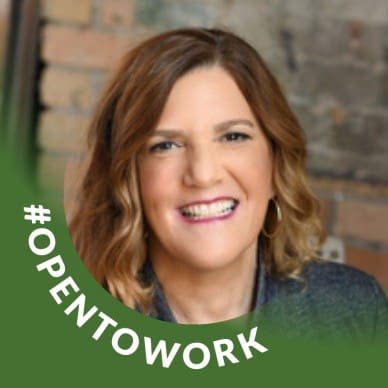

Cathy Paper is the founder of RockPaperStar, a Minneapolis-based coaching service. She specializes in helping professionals with leadership development and personal branding. Cathy’s work focuses on three main areas: a) Executive Coaching: She works with leaders to enhance their skills, improve team performance, and achieve business goals. b) Personal Branding: Cathy helps clients develop and refine their personal brand to increase their visibility and impact in their industry. c) Book Development: She assists authors in writing, publishing, and marketing their books as a tool for career advancement and thought leadership.
Cathy’s approach combines her background in marketing and business development with coaching techniques. She offers one-on-one coaching sessions, group workshops, and speaking engagements. Her clients include executives, entrepreneurs, and professionals across various industries. Cathy is also the author of “Unleash Your Rockstar,” a book that provides strategies for personal and professional growth.
Trish Perry – Leadership and career coach from Minnesota, founder of Harmonize Coaching, specializing in personal development.


Trish Perry is the founder of Harmonize Coaching in Minnesota. She specializes in leadership and career coaching with a focus on personal development. Trish helps professionals align their careers with their values and strengths. Her coaching approach emphasizes self-awareness, emotional intelligence, and authentic leadership. She offers one-on-one coaching, group workshops, and leadership development programs.
Margaret Smith – Founder of UXL, a career coaching firm in Minnesota that helps professionals with leadership and career transitions.
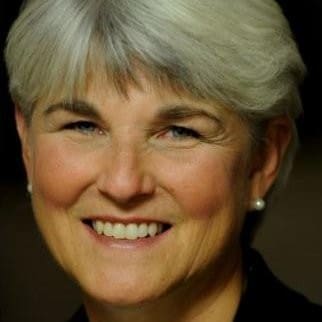

Margaret Smith is the founder of UXL, a career coaching firm in Minnesota. She specializes in helping professionals with leadership and career transitions. Margaret’s approach combines her corporate experience with coaching techniques to help clients navigate career changes, improve leadership skills, and achieve work-life balance. She offers services in career coaching, leadership development, and team building workshops.
Nancy O’Brien – Co-founder of Experience Happiness, based in Minnesota, offering leadership and career development coaching.


Nancy O’Brien is the co-founder of Experience Happiness, based in Minnesota. Her work focuses on leadership and career development coaching, with an emphasis on well-being and happiness in the workplace. Nancy offers coaching programs, workshops, and keynote speaking engagements that help individuals and organizations cultivate positive mindsets and achieve career success.
Kelli Schutrop – Minneapolis-based executive career coach, specializing in talent acquisition and leadership strategies.


Kelli Schutrop is a Minneapolis-based executive career coach specializing in talent acquisition and leadership strategies. She helps professionals navigate career transitions, improve their personal brand, and develop leadership skills. Kelli’s approach combines her recruitment background with coaching techniques to provide insights into job search strategies and career advancement.
Rebecca Metting – Minnesota-based career consultant focusing on resume building and interview strategies.


Rebecca Metting is a Minnesota-based career consultant focusing on resume building and interview strategies. She specializes in helping professionals create compelling resumes and prepare for job interviews. Rebecca’s approach emphasizes personal branding and effective communication of skills and experiences. She offers services in resume writing, LinkedIn profile optimization, and interview coaching.
Julie Burton – Founder of ModernWell, a wellness and career development space in Minneapolis for professional growth and mentoring.


Julie Burton is the founder of ModernWell, a wellness and career development space in Minneapolis. She focuses on creating a supportive environment for professional growth and mentoring, particularly for women. Julie offers writing workshops, wellness programs, and networking events that foster personal and professional development. Her approach emphasizes holistic well-being as a foundation for career success.
Erik Therwanger – Founder of ThinkGREAT in Minnesota, offering mentorship and coaching in leadership and career development.
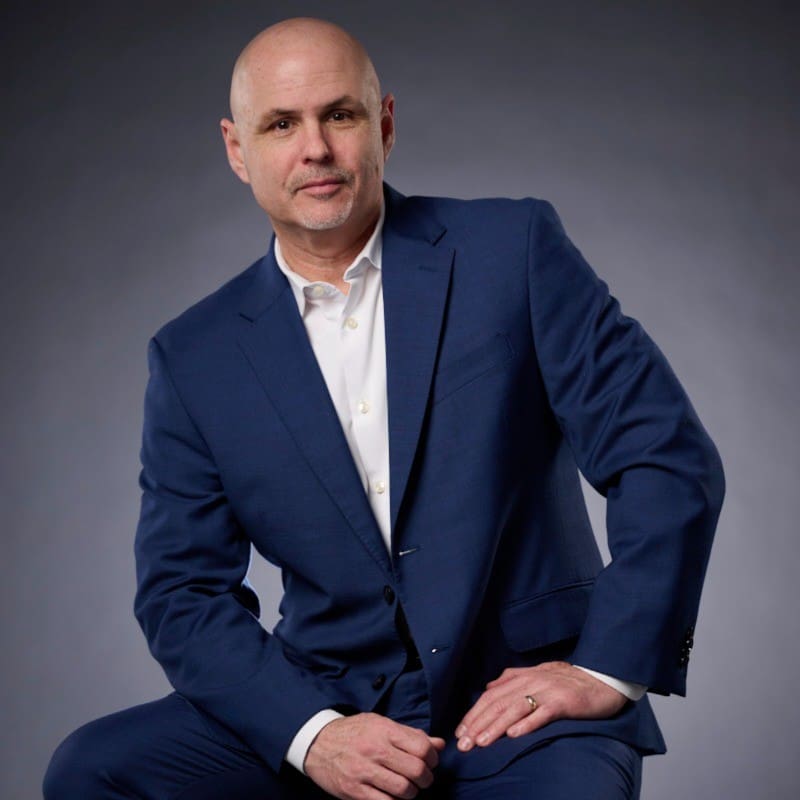

Erik Therwanger is the founder of ThinkGREAT in Minnesota, offering mentorship and coaching in leadership and career development. He is a motivational speaker, author, and leadership trainer who helps individuals and organizations achieve their goals. Erik’s programs focus on personal growth, team building, and strategic planning. His approach combines his military background with business acumen to deliver practical leadership and career development strategies.
Amanda Brinkman – Chief brand officer at Deluxe Corporation in Minnesota, mentoring small business owners in brand development and growth.


Amanda Brinkman is the Chief Brand Officer at Deluxe Corporation in Minnesota. While her primary role is in brand management, she also mentors small business owners in brand development and growth. Amanda is the creator and co-host of the “Small Business Revolution” series, where she provides guidance on marketing, branding, and business strategy to small businesses across America. Her mentoring style focuses on practical, actionable advice for business growth.
Michelle Perdue – Leadership coach in Minnesota, specializing in emotional intelligence and workplace culture mentorship.


Michelle Perdue is a leadership coach in Minnesota, specializing in emotional intelligence and workplace culture mentorship. She is the founder of Rogue Coaching & Consulting, where she helps leaders and organizations create positive workplace cultures. Michelle’s coaching approach emphasizes self-awareness, effective communication, and relationship-building skills. She offers one-on-one coaching, team development programs, and workshops on leadership and emotional intelligence.
Kate Bischoff – HR consultant and career mentor from Minnesota, focusing on workplace compliance and employee engagement.


Kate Bischoff is an HR consultant and career mentor from Minnesota, focusing on workplace compliance and employee engagement. She is the founder of tHRive Law & Consulting, where she combines her legal expertise with HR knowledge to guide organizations and individuals. Kate’s mentoring work includes advising on career development, workplace policies, and navigating complex HR situations. She is also a frequent speaker and writer on HR and employment law topics, sharing her insights to help professionals and organizations thrive in the workplace.
Dave Cornell – Career coach and public speaker based in Minnesota, helping professionals with confidence building and personal growth.


Dave Cornell is a career coach and public speaker based in Minnesota. His work focuses on helping professionals build confidence and achieve personal growth. While specific details about his coaching approach are not provided in the search results, his background suggests he likely offers services in career development, confidence building, and professional speaking skills.
Stephen Dupont – Career strategist in Minnesota, specializing in mentoring marketing and public relations professionals.


Stephen Dupont is a career strategist in Minnesota, specializing in mentoring marketing and public relations professionals. He is the founder of Stephen Dupont Communications, where he offers personal branding, career coaching, and thought leadership development services. Stephen’s approach emphasizes storytelling and personal narrative in career development.
Tim Bornholdt – Co-founder of The Jed Mahonis Group in Minnesota, mentoring professionals in the tech industry.


Tim Bornholdt is the co-founder of The Jed Mahonis Group in Minnesota. While his primary focus is on mobile app development, he also mentors professionals in the tech industry. Tim hosts the Constant Variables podcast, where he shares insights about the tech industry and entrepreneurship, potentially influencing and guiding tech professionals in their careers.
Christine Williams – Minnesota-based career coach with a focus on leadership and career development for mid-level professionals.


Christine Williams (listed as Claire Williams in the LinkedIn profile) is an Executive Coach, Writer, and Speaker based in St. Paul, Minnesota. She specializes in leadership development and team coaching. Claire’s approach focuses on “wisdom in action,” guiding individuals and teams to understand and evolve themselves for lasting impact. She offers executive coaching, team coaching, and workshops, specializing in Vertical Development, the Enneagram, and the Leadership Circle Profile. Claire has extensive experience coaching leaders across various industries and publishes a newsletter called “The Diving Board” to share insights on meaningful work.
The expertise and dedication of these career mentors and coaches in Minnesota are helping to shape the professional futures of countless individuals. Whether through one-on-one coaching, leadership development programs, or career transition support, these professionals are making a profound impact on the careers of those they serve. Their personalized approaches, commitment to self-awareness, and strategic thinking enable their clients to thrive in an ever-changing job market. If you’re seeking guidance on your career journey, Minnesota offers a wealth of skilled mentors and coaches ready to support your growth and success.



